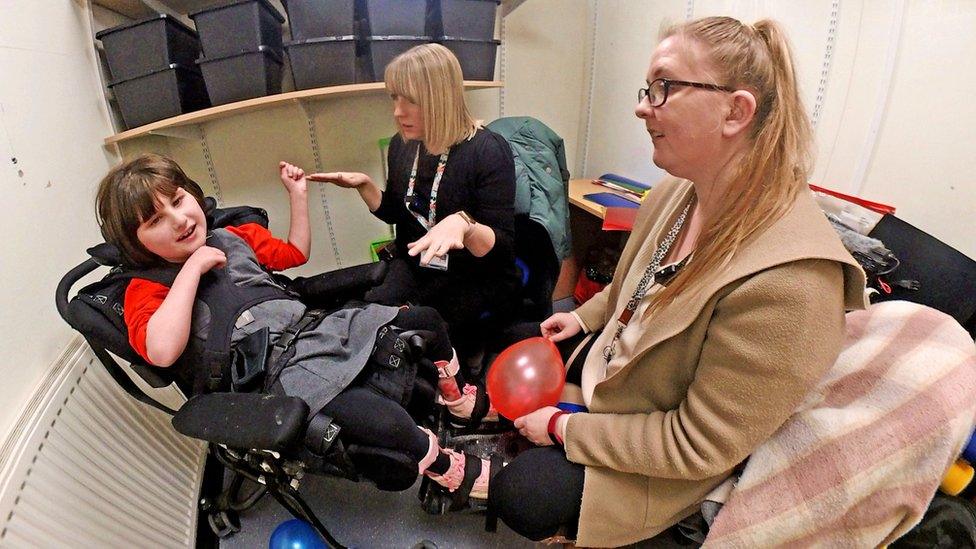EHCP: Councils missing education plan deadlines for children with complex needs
- Published
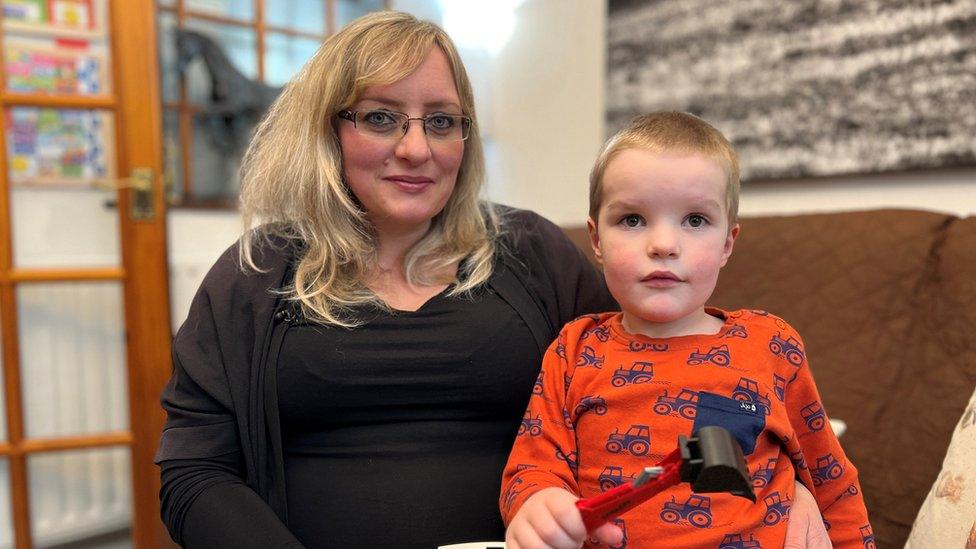
Since Freddie had a stroke, Sarah Kilgariff says she has been struggling to get her son the help he needs
Thousands of children in England with complex needs are missing out on support as councils fail to meet care plan deadlines, BBC News has found.
Councils have a legal time limit of 20 weeks, in most cases, to issue an education, health and care plan (EHCP), after a parent or school asks for one.
BBC News has found eight councils met the deadline in fewer than 5% of cases, from April to December last year.
Councils say growing demand and insufficient funding cause delays.
An EHCP sets out the extra help a child needs to access education, on top of what is available through special education needs support.
Examples of extra support might include one-to-one lesson time, or help to learn at home for those with such complex needs that school is unsuitable.
'He's been completely forgotten about'
Sarah Kilgariff, who lives near Stoke-on-Trent, Staffordshire, applied for an EHCP for her son Freddie last July, after the five-year-old suffered a stroke because of a complication from chickenpox.
Ms Kilgariff says Freddie now suffers from fatigue, struggles to regulate his emotions, and is back to wearing nappies.
She says because of his needs, her son cannot attend school full-time. The family are still waiting for their EHCP - more than five months after the 20-week deadline.
"It's horrific because I can't do anything because it's out of my control, and that's really frustrating," she says. "He's been neglected for a year. He's been completely forgotten about by the system."
Staffordshire County Council apologised to the family for the delays. It said Freddie was assessed for a second time in April, after the first test in February failed to meet quality standards. It said a significant increase in requests for EHCP assessments had been made worse by a shortage of educational psychologists, and it had now recruited more.
More than 1.5 million pupils in England have special educational needs or disabilities (Send).
The latest figures, external from the Department for Education show 517,000 children and young people were on an EHCP in 2023 - the highest on record.
The government has said "high-needs funding" for those with complex needs is rising to £10.5bn in 2024-25 - an increase of more than 60% since 2019-20. It said councils were responsible for making sure children in their area receive appropriate education.
However, many councils are struggling financially. In a report published in February, one in 10 councils that responded said they plan on cutting services for children with Send, to help balance their books.
Conservative MP Robin Walker, who chairs the Education Select Committee, said the delays to EHCPs being issued were "deeply concerning". He says the EHCP system is supposed to support children to help them have an education, which is "a basic right".
"I think the design of that system is right but if it's not working we need to look urgently at where the investment is needed, where the changes are needed to make this system work," he added.
The BBC made Freedom of Information requests to 152 local education authorities across England. Two thirds responded with the latest data. The findings suggest:
At least 12 councils are completing EHCP assessments within the 20-week limit in fewer than 10% of cases
Of those, 8 councils are issuing plans within the timeframe in fewer than 5% of cases
In Essex, 9 out of 1,360 cases were completed in time between April and December last year, giving the authority one of the lowest rates. Five years ago, 66% of plans were on time
In Portsmouth, out of 148 cases, only one was completed within the time limit - compared with five years ago when 95% of cases were on time.
Both Essex and Portsmouth councils say they are working to tackle delays.
They say there has been a rise in requests for EHCPs since the pandemic, as well as a shortage of educational psychologists - whose advice must form part of the EHCP assessment process.
Cath Lowther, general secretary of the Association of Educational Psychologists, said demand had soared across England in recent years, but the workforce had not grown to match it.
She said many educational psychologists were leaving the profession, or working for an agency or privately - where they can better manage their workload and earn more money.
Kathleen Calma, who lives in Staines, Surrey, applied for an EHCP for her autistic son Elijah during the Covid pandemic.
She believes regularly calling her case worker and checking progress helped her get the right support for her son within 20 weeks.
She says getting an EHCP was "something I really fought for" which allowed her to get Elijah a place in a specialist school.
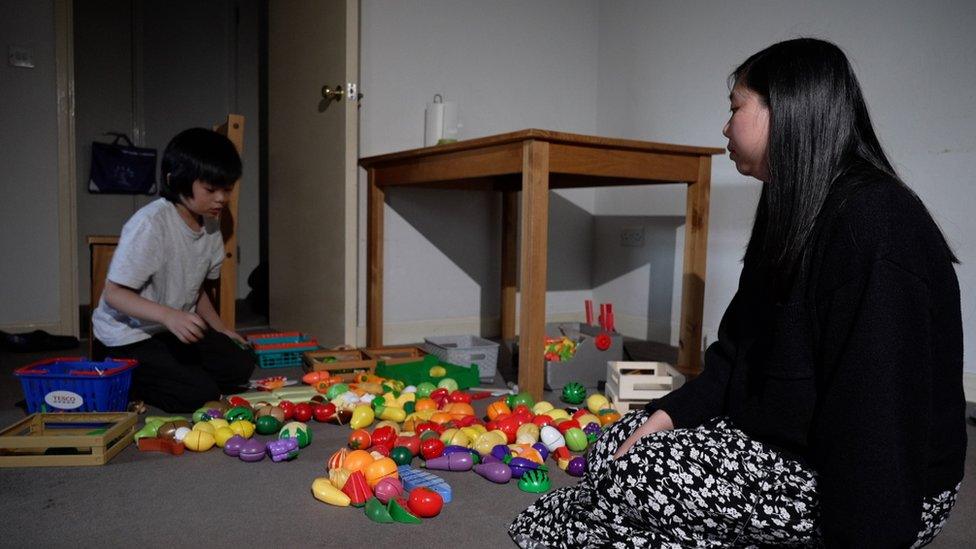
Kathleen Calma "really fought for" an EHCP for her autistic son, Elijah
Surrey's rate for getting EHCPs issued on time has dropped from 72% in 2020-21 - when Elijah got his - to less than 17% in the most recent dataset.
Surrey County Council said it had seen a 64% increase in requests for assessments since 2020, at a time of a national shortage of educational psychologists. It said it was working hard to clear the backlog.
Data from the two-thirds of councils which provided their latest figures suggests some are far more likely to meet the deadline than others:
In Darlington and Blackburn, more than 80% of plans were issued on time
In parts of Greater London, such as Enfield and Hounslow, around nine out of 10 of cases were within the time limit
Barnet council's data shows 100% of plans were delivered within 20 weeks
The average for England was 49.2% in 2022.
The data suggests Hampshire council has shown one of the biggest improvements in performance over the past five years.
In 2019, less than 6% of plans were issued in 20 weeks. Last year the figure rose to 73%. A spokesperson said the improvement was down to hiring more staff.
Dame Rachel de Souza, children's commissioner for England, said BBC News' findings were "really shocking" in some areas, and showed the situation was a "crisis".
"It's complicated, it's difficult, there are workforce issues, but nothing is more important than childhood, and a child getting their needs met in a timely manner," she added.
Louise Gittins, chair of the Local Government Association's children and young people board, said councils "do their best" to meet the time limit in the face of "increasing demand and insufficient funding".
About the data
BBC News asked 152 councils in England responsible for education and children for their data from the past five financial years, showing the number of EHCPs issued within the statutory time limit of 20 weeks.
We received responses from 147, including two-thirds that gave us data for the period April to December 2023.
Some councils were able to give us calendar years (January to December), while others gave us financial years (April to March).

Are you affected by the issues raised in this story? Share your experiences by emailing haveyoursay@bbc.co.uk, external.
Please include a contact number if you are willing to speak to a BBC journalist. You can also get in touch in the following ways:
WhatsApp: +44 7756 165803
Tweet: @BBC_HaveYourSay, external
Please read our terms & conditions and privacy policy
If you are reading this page and can't see the form you will need to visit the mobile version of the BBC website to submit your question or comment or you can email us at HaveYourSay@bbc.co.uk, external. Please include your name, age and location with any submission.
- Published14 December 2023
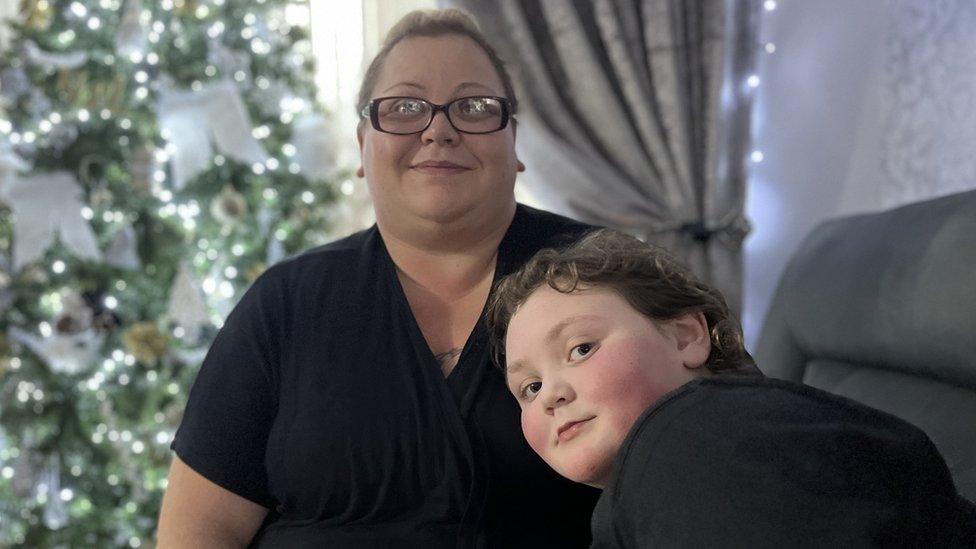
- Published28 February 2024
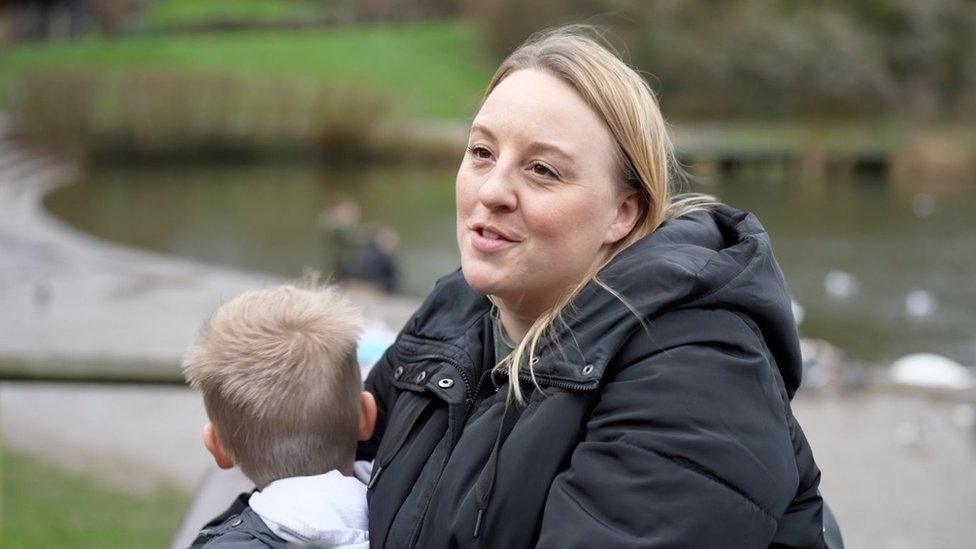
- Published5 March 2024

- Published2 March 2023

- Published27 March 2024
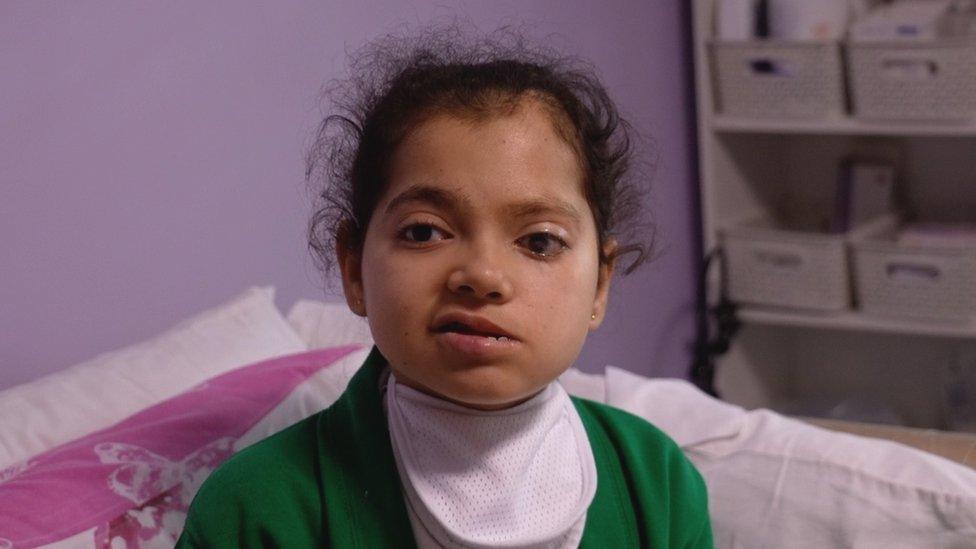
- Published20 February 2023
